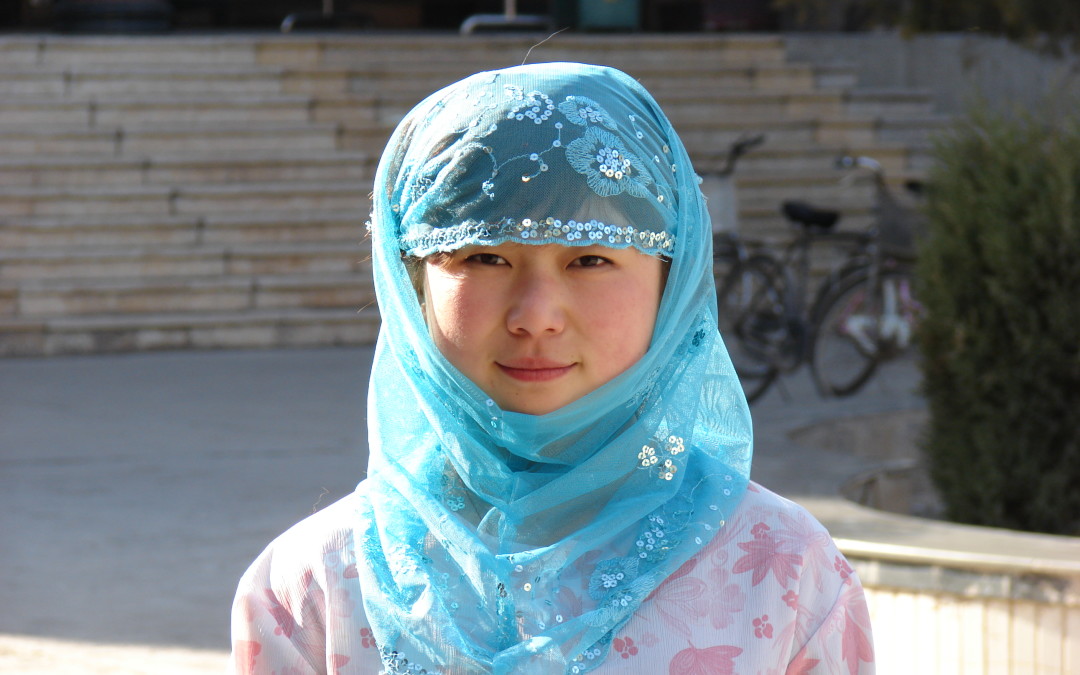She listens to hip-hop. She likes to take selfies with her friends on an app with fun filters – the cat one is her favorite. She hangs out at coffee shops and likes to sing with her friends at a KTV restaurant on the weekends. She’s laughing at a GIF that one of her friends sent of a baby dancing. Meet MaHui*, a college student.
She wants to go on a road trip with her friends to a nearby city. “But mom,” she complains, “I’m old enough. I just want some freedom!” Her mom shakes her head, continuing to roll dumpling dough on the kitchen counter, the wood peeling from years of kneading and rolling. Meet MaPing*, a high school student.
She pours tea into her flask as she tells her roommates she is going to hang out with her boyfriend for the afternoon and won’t be back until later. She slips out of the room, bag and flask in hand, walking excitedly go meet her boyfriend. Meet MaHong*, a girl in love.
While you haven’t met these specific girls, you may very well know someone like them- someone trying to figure out how to navigate life as a maturing young woman. But these girls are more than that- they are Hui and living in a culture where desires and faith often clash. They need more than freedom from worldly shackles- they are in desperate need of the Father.
MaHui majors in Arabic, something her father encouraged her to pursue. She wants to become a translator after graduating. She says she believes in the Quran and spends a lot of time praying. When asked about what she prays, she stumbles over her answer and dismisses the question with, “I just pray.” When asked about what she believes in her book, she replies, “Allah tells us that we should do good things.” She drinks alcohol at the KTV places on the weekends, and she spends more time searching for what’s “in” and “popular” than studying. She contradicts herself in speech and action, yet denies it, justifying it with, “I know I’m not the best Muslim, but I try to do good. I’m trying.”
MaPing has a job at the local supermarket, working six to seven day weeks, to support herself with only a high school education, which is higher than most of her friends. She doesn’t like that she still lives at home, under the supervision of her mother. She doesn’t like that she is of marrying age and might not be able to choose whom she marries. She envies her best friend, who is studying abroad in Canada, living a seemingly exciting life, away from her parents and able to do as she wishes and chooses.
MaHong is doing something that is forbidden and something only her roommates and a few select friends know—she is dating a Han boy. When they go on dates they go to halal restaurants, a way of still holding on to her ethnic and religious custom, even though the person she is with she is not supposed to be with. She is scared of telling her family and tells herself she can keep this a secret for as long as she wishes. She feels that she loves him and that it is worth being a “bad Muslim”. She thinks it’s unfair that they have these rules and that she has to hide it, but she feels that she must.
We often have a view of what Muslims will be like – what they eat, what they don’t eat, what they believe, what they don’t believe. We read books about them to prepare for conversations, we watch videos, we memorize stats. We pray for their hearts, often (wrongfully) thinking that they will be so averse to the Gospel because it is everything they are against. Yet we were the same. We as sinners were once so averse to the Gospel because it contradicted the way we wanted to live; it exposed who we truly were, and whom we truly needed. These girls, these friends, they are in need of a Savior, a hope that is bigger and more powerful than these problems of life they’re facing. They are in search for something more, in search of someone more, and there is only One that can fill that desperate need.
*names changed

